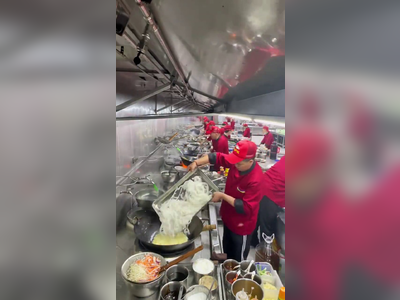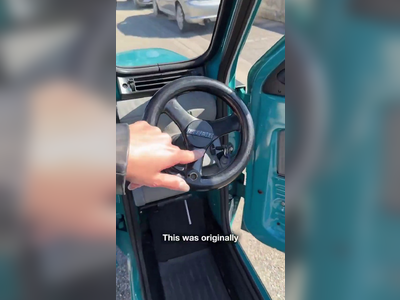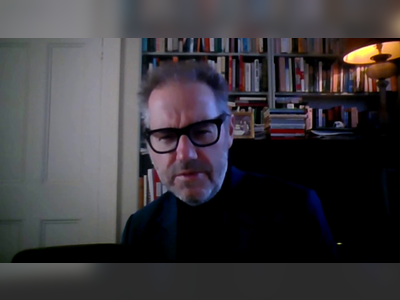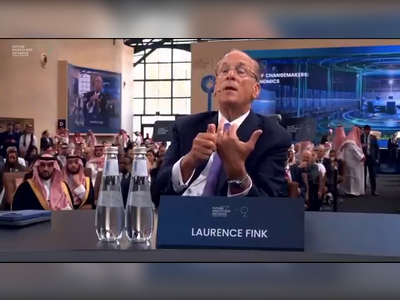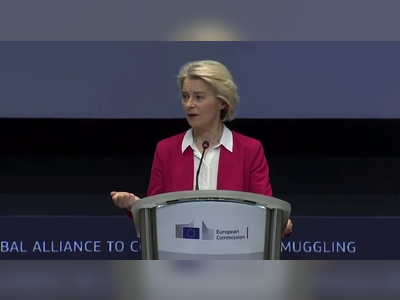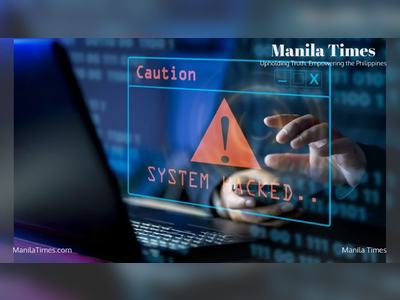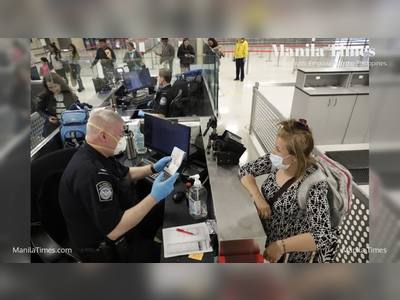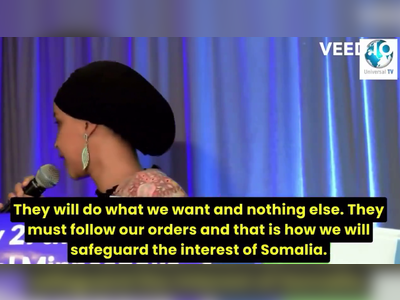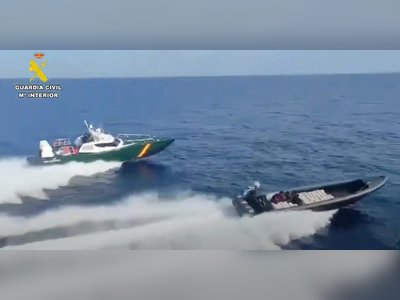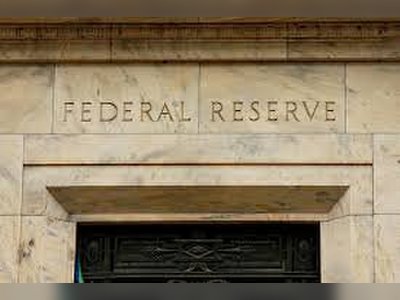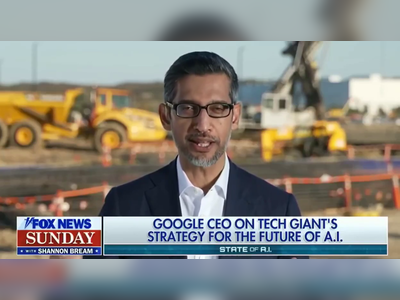Manila Times
Upholding Truth. Empowering the Philippines
Sunday, Dec 14, 2025
The Nation's Story is Told with Honor

No Pope Elected in First Conclave Vote as Black Smoke Billows from Sistine Chapel
The College of Cardinals concludes initial voting with no candidate securing the necessary majority.
MANILA, Philippines — The College of Cardinals has failed to elect a new pope in the first round of voting, with thick black smoke rising from the chimney of the Sistine Chapel on May 8 at approximately 3 a.m. Manila time.
The 133 cardinal-electors were sequestered inside the chapel during the voting process, which concluded after approximately three hours and 15 minutes.
Following the inconclusive result, the cardinal-electors have returned to Domus Sanctae Marthae and will resume the voting process the following day.
Each day, up to four voting rounds are scheduled to take place — twice in the morning and twice in the evening — until a candidate garners the required two-thirds majority to be elected.
The upcoming voting times in Manila are set for 4:30 p.m., 6 p.m., 11:30 p.m., and 1 a.m. If no candidate achieves sufficient votes, black smoke will continue to denote an inconclusive outcome, while white smoke would signal the election of a new pope.
Initially, 135 cardinal-electors were anticipated for this conclave; however, two were absent due to health issues — one from Spain and another from Kenya.
The conclave procedures began with the cardinal-electors gathering in the Pauline Chapel for silent prayers before proceeding to the Sistine Chapel, adorned with Michelangelo's masterpieces, where tables and chairs were arranged for the proceedings.
The cardinals took an oath of secrecy regarding the conclave, pledging not to disclose details of the voting process under the threat of excommunication.
A Vatican-produced video captured the moment when each cardinal approached the altar to make their individual vow, followed by the enactment of the phrase 'Extra omnes' — 'Everybody out' in Latin — which signaled the closing of the chapel's heavy doors.
The occurrence of black smoke soon after 9 p.m. GMT indicated that a new leader for the Roman Catholic Church has not yet been chosen.
Past conclaves have varied in duration, with notable elections such as those of Pope Francis and his predecessor Benedict XVI, both completed within two days.
Historically, the longest papal election spanned 1,006 days, from 1268 to 1271.
The 133 cardinal-electors were sequestered inside the chapel during the voting process, which concluded after approximately three hours and 15 minutes.
Following the inconclusive result, the cardinal-electors have returned to Domus Sanctae Marthae and will resume the voting process the following day.
Each day, up to four voting rounds are scheduled to take place — twice in the morning and twice in the evening — until a candidate garners the required two-thirds majority to be elected.
The upcoming voting times in Manila are set for 4:30 p.m., 6 p.m., 11:30 p.m., and 1 a.m. If no candidate achieves sufficient votes, black smoke will continue to denote an inconclusive outcome, while white smoke would signal the election of a new pope.
Initially, 135 cardinal-electors were anticipated for this conclave; however, two were absent due to health issues — one from Spain and another from Kenya.
The conclave procedures began with the cardinal-electors gathering in the Pauline Chapel for silent prayers before proceeding to the Sistine Chapel, adorned with Michelangelo's masterpieces, where tables and chairs were arranged for the proceedings.
The cardinals took an oath of secrecy regarding the conclave, pledging not to disclose details of the voting process under the threat of excommunication.
A Vatican-produced video captured the moment when each cardinal approached the altar to make their individual vow, followed by the enactment of the phrase 'Extra omnes' — 'Everybody out' in Latin — which signaled the closing of the chapel's heavy doors.
The occurrence of black smoke soon after 9 p.m. GMT indicated that a new leader for the Roman Catholic Church has not yet been chosen.
Past conclaves have varied in duration, with notable elections such as those of Pope Francis and his predecessor Benedict XVI, both completed within two days.
Historically, the longest papal election spanned 1,006 days, from 1268 to 1271.
AI Disclaimer: An advanced artificial intelligence (AI) system generated the content of this page on its own. This innovative technology conducts extensive research from a variety of reliable sources, performs rigorous fact-checking and verification, cleans up and balances biased or manipulated content, and presents a minimal factual summary that is just enough yet essential for you to function as an informed and educated citizen. Please keep in mind, however, that this system is an evolving technology, and as a result, the article may contain accidental inaccuracies or errors. We urge you to help us improve our site by reporting any inaccuracies you find using the "Contact Us" link at the bottom of this page. Your helpful feedback helps us improve our system and deliver more precise content. When you find an article of interest here, please look for the full and extensive coverage of this topic in traditional news sources, as they are written by professional journalists that we try to support, not replace. We appreciate your understanding and assistance.
